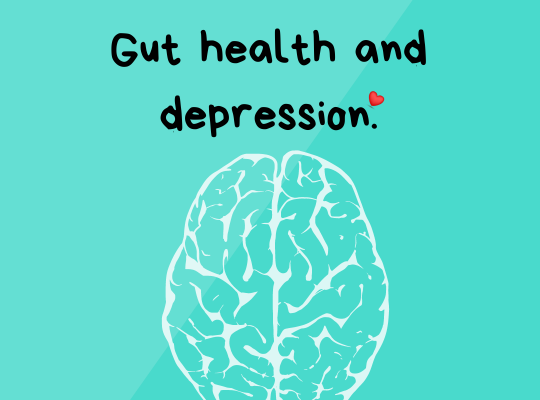Enjoy the sunshine vitamin for immune support.
Like a ray of sunshine, vitamin D benefits the body’s numerous biological functions to promote a greater state of overall health. The essential viatmin is one of the most useful nutritional tools we have at our disposal.
Vitamin D is amazing. We call it a vitamin but its actually a hormone that influences more than 3,000 different genes in your body and almost every type of human cell. Research is ongoing to help us better understand this super-nutrient, but so far published studies have shown that D3 helps regulate and enable the absorption of mineral nutrients like calcium and phosphorus. It also helps regulate blood pressure and blood sugar levels.
Vitamin D is involved in the regulation of hormones relating to stress, and optimal levels have been shown to help reduce conditions such as seasonal affective disorder, also known as SAD as you may know it, depression and anxiety.
A growing body of research also suggests that vitamin D may play some role in the prevention and treatment of both forms of diabetes, hypertension, glucose intolerance, multiple sclerosis and other medical conditions. Every year we learn something new about vitamin D.
Vitamin D plays a role in helping us absorb calcium into our gut and then directing the calcium to where it is needed – in our bones. This helps us with not only better bone density but studies have shown that vitamin D plays a supporting role in helping to prevent bone fractures.
The UK Government has just updated its own guidance recommending that a person should take 400 IU per day but it can vary from person to person as to how much they require.







